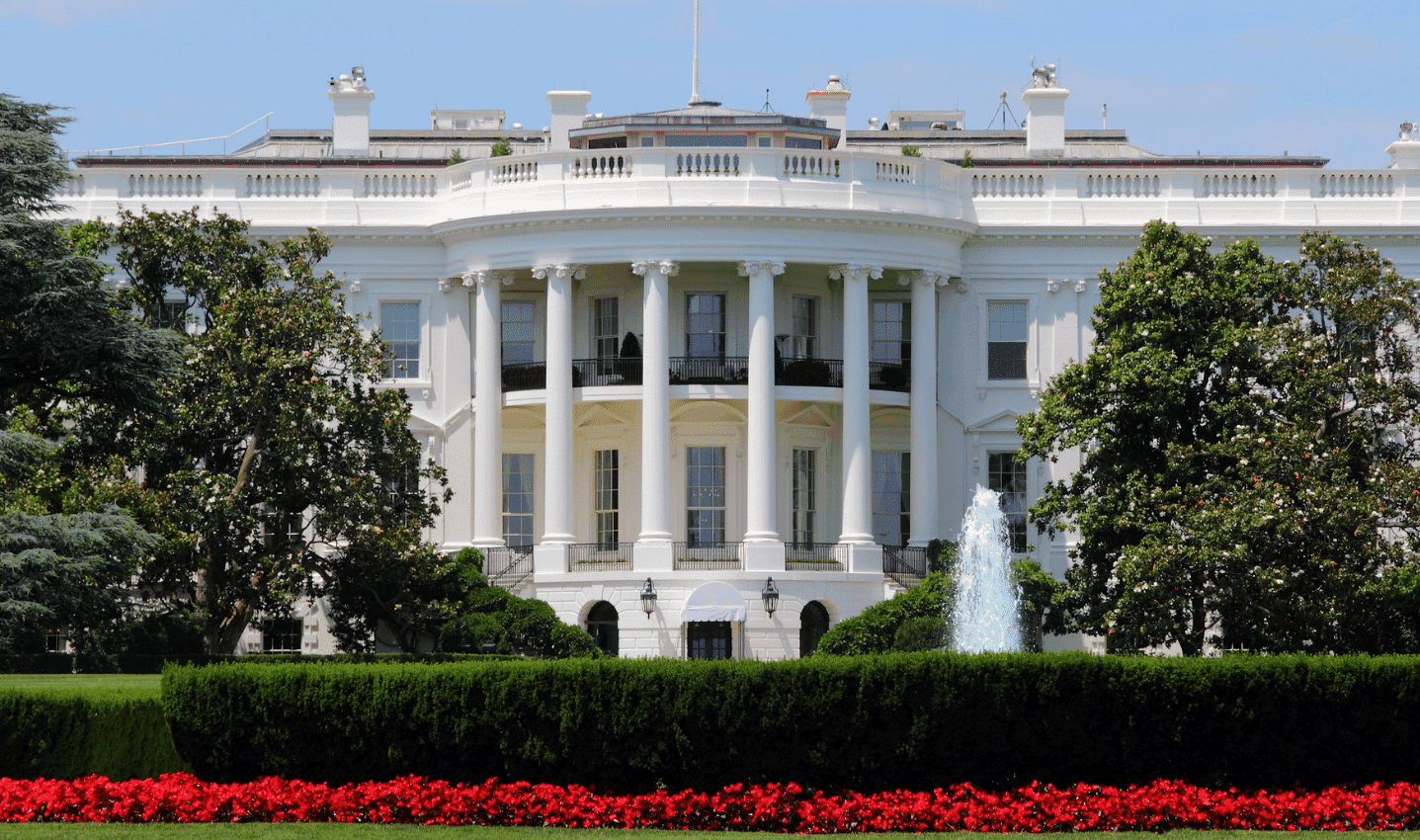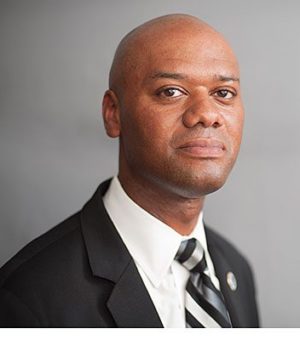
President Biden’s Proposed Budget Advances Key Safety and Justice Priorities
On May 28, 2021, President Biden released his full Fiscal Year 2022 budget, building on his discretionary spending proposal released in April. The full budget continues to expand major funding for criminal justice and public safety initiatives, with several measures explicitly focused on advancing racial equity. Here are some key takeaways on funding initiatives under the Department of Justice for state and local leaders:
Invest in Criminal Justice Reform
- $409 million to continue implementing the First Step Act, a 2018 landmark criminal justice bill that includes major federal sentencing and corrections reforms aimed at lowering recidivism, decreasing mass incarceration, and improving public safety.
- $125 million to expand adult and juvenile reentry programs through the Second Chance Act, including funding to develop innovative probation and parole supervision programs, maintain family relationships for incarcerated parents, and implement reentry housing programs.
- $35 million for the Justice Reinvestment Initiative, which uses data to support states and local governments in reducing corrections and related criminal justice spending, and reinvests savings in strategies that can decrease crime and lower recidivism.
Support Programs to Treat Substance Use Disorders and Mental Illnesses
- $418 million to provide opioid use prevention and treatment support. This includes specific funding for veterans and drug treatment court programs, which provide alternatives to incarceration through treatment and recovery support services.
- $40 million for the Justice and Mental Health Collaboration Program to improve mental health services and treatment for people in the justice system by increasing access to treatment in correctional facilities and upon reentry, expanding mental health court and pretrial diversion programs, and developing law enforcement training.
- $35 million for the Residential Substance Abuse Treatment for State Prisoners program to help jurisdictions develop and implement substance use disorder treatment programs in local jails and prisons, as well as to integrate community reentry services in their programming.
Expand Efforts to Reduce Community Violence and Provide Police Training
- $30.4 billion to expand tenant-based rental assistance to provide housing vouchers to 200,000 additional households, prioritizing people experiencing domestic violence, sexual assault, human trafficking, or homelessness.
- $2.1 billion for gun violence prevention research and programs, including state and local grants.
- $1 billion to support Violence Against Women Act programs.
- $513.5 million for the Byrne Justice Assistance Grants program, which provides grants to state, local, and tribal governments to support activities that prevent and control crime, including law enforcement programs; prosecution and court programs; prevention and education programs; corrections and community supervision programs; drug treatment programs; and planning, evaluation, and technology improvement programs.
- $100 million for a new community violence intervention initiative to create evidence-based violence prevention programs.
- $30 million to provide law enforcement training on racial profiling, de-escalation, and duty to intervene, as well as to improve responses to people with mental health needs.
- $7 million to address violent crime in rural areas.
Congress will review the FY2022 budget proposal, and final funding levels will be determined through the appropriations process later this year.
About the Author
The sharp rise in school shootings over the past 25 years has led school officials across the U.S.…
Read MoreA three-digit crisis line, 988, launched two years ago to supplement—not necessarily replace—911. Calling 988 simplifies access to…
Read MoreIt would hardly be controversial to expect an ambulance to arrive if someone called 911 for a physical…
Read More Taking the HEAT Out of Campus Crises: A Proactive Approach to College Safety
Taking the HEAT Out of Campus Crises: A Proactive Approach to College Safety
The sharp rise in school shootings over the past 25 years has…
Read More From 911 to 988: Salt Lake City’s Innovative Dispatch Diversion Program Gives More Crisis Options
From 911 to 988: Salt Lake City’s Innovative Dispatch Diversion Program Gives More Crisis Options
A three-digit crisis line, 988, launched two years ago to supplement—not necessarily…
Read More Matching Care to Need: 5 Facts on How to Improve Behavioral Health Crisis Response
Matching Care to Need: 5 Facts on How to Improve Behavioral Health Crisis Response
It would hardly be controversial to expect an ambulance to arrive if…
Read More Explainer: Key Findings and Options from Arkansas’s Justice Reinvestment Initiative
Explainer: Key Findings and Options from Arkansas’s Justice Reinvestment Initiative
Arkansas policymakers have long expressed concerns about the state’s high recidivism rate.…
Read More Explainer: How a New Law in Arkansas Tackles Crime, Recidivism, and Community Supervision Challenges
Explainer: How a New Law in Arkansas Tackles Crime, Recidivism, and Community Supervision Challenges
In April 2025, Arkansas Governor Sarah Huckabee Sanders signed a package of…
Read More










